T4K3.news
UKs steelworks falls under government control
A major UK steel plant is placed in liquidation and government hands as creditors seek a buyer.
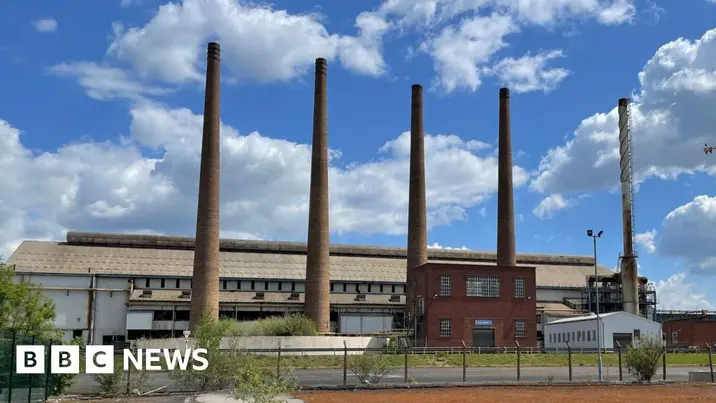
A major UK steel plant is placed in liquidation and government hands as creditors move to shield workers while a buyer is sought.
UK's third largest steelworks falls under government control
In Rotherham and Sheffield, Speciality Steels UK, part of Liberty Steel, was ordered into compulsory winding up after creditors sought relief. The plant employs nearly 1,500 workers. The Official Receiver and managers from the consultancy firm Teneo will operate the business during the liquidation while a buyer is sought. The government has agreed to cover ongoing wages and costs during the search for a purchaser.
The move follows court delays to allow time for a potential pre-pack administration, which would auction the business to a bidder. Liberty Steel described the decision to liquidate as irrational. The case highlights the financial strain on the Liberty Steel group, described by the judge as hopelessly insolvent with only £600,000 in the bank and a monthly wage bill of about £3.7 million, amid insolvencies across nine jurisdictions and 15 entities. Lawyers had argued that a forced liquidation could push the business into free fall and badly disrupt a nationally important steel operation and its workforce.
Key Takeaways
"The company will now be placed in the hands of the Official Receiver."
Describes the formal insolvency step taken.
"hopelessly insolvent"
Judge's finding on the company’s finances.
"irrational"
Liberty Steel’s reaction to the liquidation decision.
"free fall"
Describes the risk of proceeding with a forced liquidation.
This case tests how Britain balances industrial strategy with private sector risk. A government rescue could protect jobs and national interest, but it also raises questions about how much public money should back private bets in a strategic industry. The collapse underscores the fragility of cross-border corporate groups and the limits of relying on private owners to fund long-term capital in sectors like steel.
If a buyer emerges, the shape of UK steel’s future will hinge on whether the state intervention is temporary or gains lasting meaning for workers and suppliers. Communities in Rotherham and Sheffield will watch closely to see whether this is a one-off lifeline or a sign of a new normal for manufacturing amid global pressures and private equity dynamics.
Highlights
- Public money should not prop up failed bets
- Industrial strategy needs clarity not chaos
- A private empire tests the limits of government rescue
- Workers deserve a clear plan for the weeks ahead
Financial and political risk around rescue
The government covers wages and costs during the sale, raising taxpayer exposure and political sensitivity. The case spotlights the risks of backing private groups in strategic industries and could trigger scrutiny over industrial policy, public backlash, and the stability of the UK steel supply chain.
The coming weeks will reveal how ready Britain is to protect its essential industries without normalizing bailouts.
Enjoyed this? Let your friends know!
Related News

Gupta s SSUK liquidation
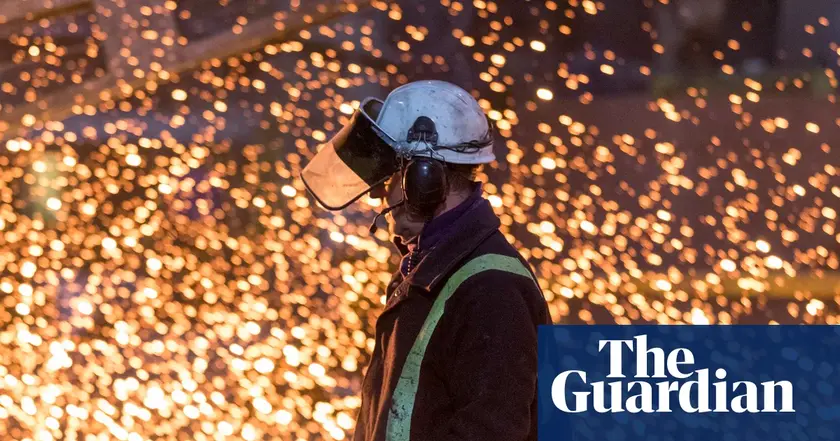
Government takes control of SSUK plants
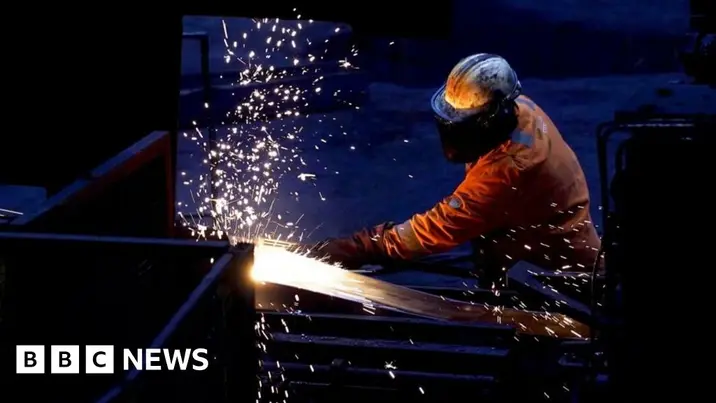
UK government prepares to take control of steel plant to save 1500 jobs
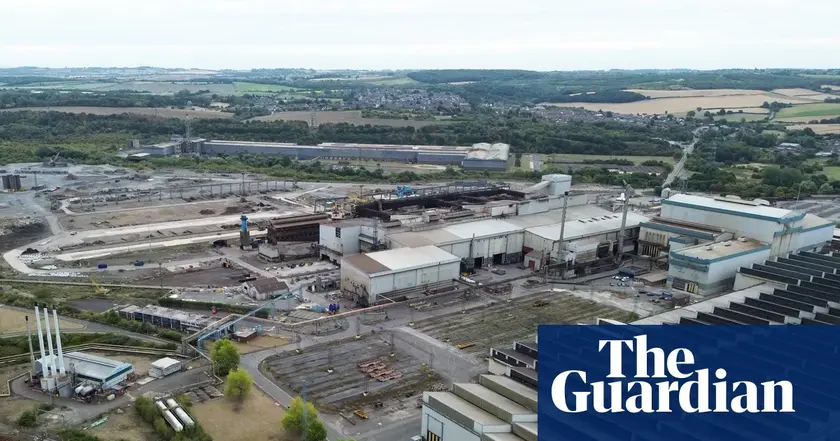
Government intervention secures pay and pensions at South Yorkshire steelworks
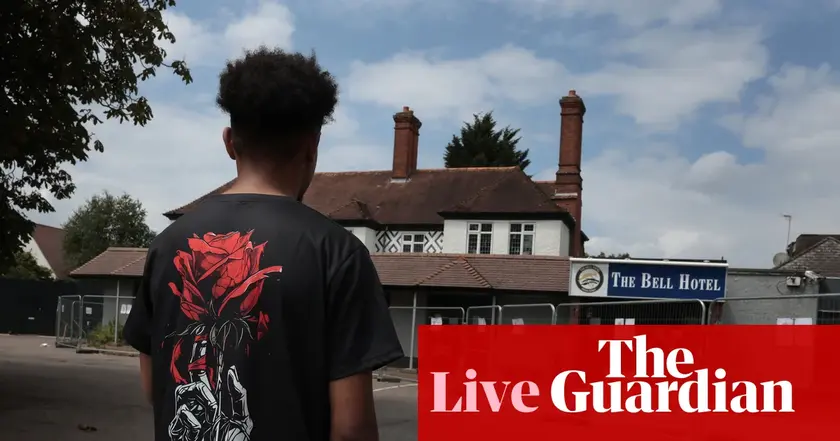
UK asylum stats prompt reforms
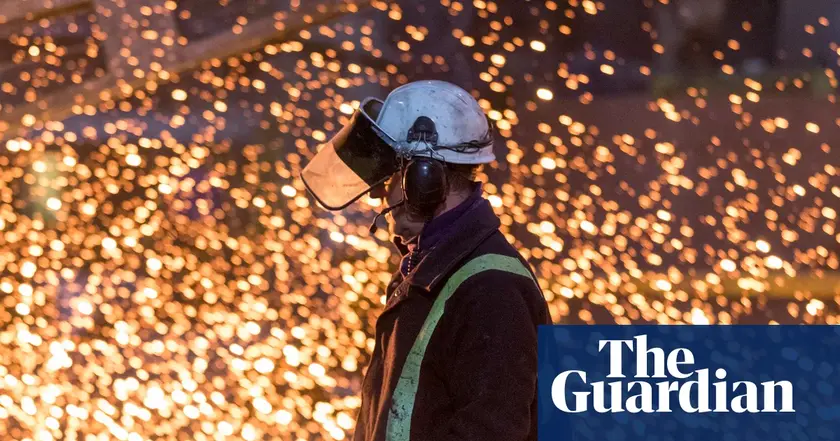
Liberty Steel plants in South Yorkshire put into government-managed administration

SLC45A4 and pain link discovered

Speciality Steel insolvency hearing advances
